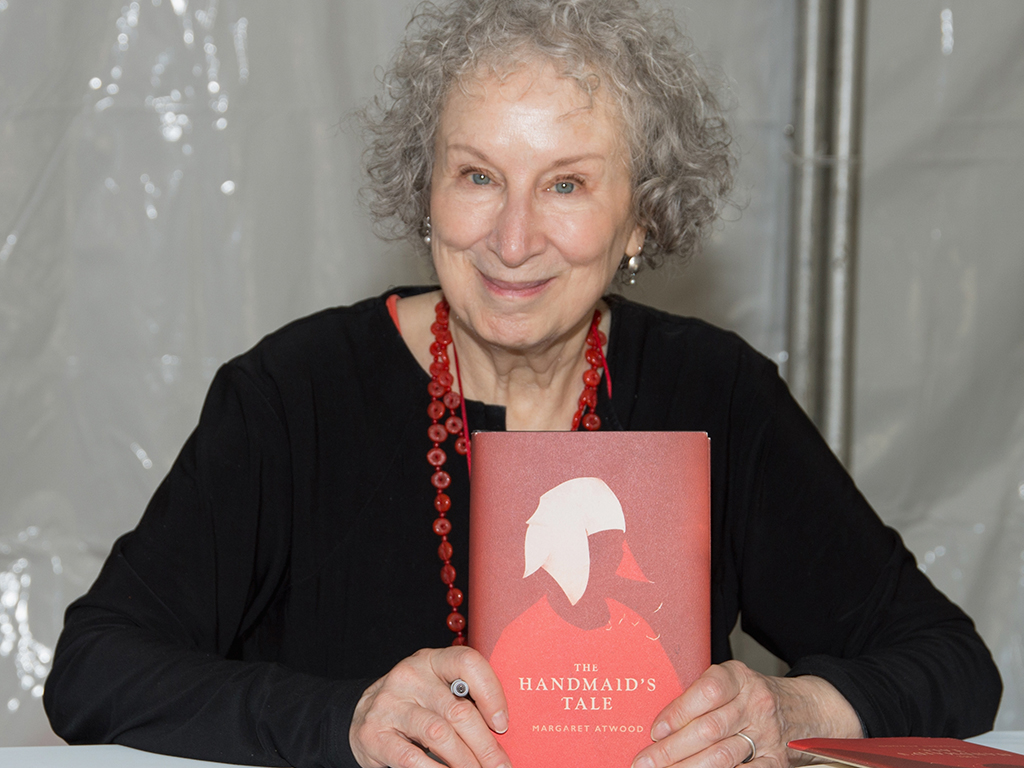The Ontario Peel District School Board is encouraging its staff not to teach the American classic novel To Kill a Mockingbird to students, saying it’s racist and that its language and message is harmful to black students, according to a memo sent to staff.

WATCH BELOW: Canada’s oldest children’s bookstore turns 40

A teacher told the Post they found the memo “intimidating,” and that they worry about other books being challenged, too. “Mentioning the history of racism, to me, isn’t racism itself,” the teacher said. “We’re not promoting racism, we’re referring to the reality of it.”
But this isn’t the first time To Kill a Mockingbird has been challenged in Canadian classrooms.
According to Freedom to Read, an organization that tracks banned and challenged books in Canadian libraries and schools, the 1960 Harper Lee novel has been the subject of high school controversy several times.
In 1993, a school principal in Hamilton, Ont. removed the novel from the Grade 10 curriculum after a complaint from a parent. In 2002, a Nova Scotia school board tried to ban the book after teachers and parents objected to it. And, in 2009, To Kill a Mockingbird was cut from a Brampton high school’s Grade 10 English course after a parent complained about the language in the book.
READ MORE: Kids’ book aims to improve literacy skills, preserve Indigenous languages
In the U.S., there’s been recent effort to ban To Kill a Mockingbird, too. According to the American Library Association (ALA), the novel is number seven on the top 10 most challenged books of 2017 due to its theme of violence and use of “the n-word.”
Even if people want the book out of readers’ hands, Franklin Carter, an editor and researcher at the Canadian Book and Periodical Council and a member of the Freedom of Expression Committee in Toronto, said that the people who decide what should be stocked in schools and libraries do so intentionally.
“The people who buy publications for public schools and public libraries are trained to select relevant, thought-provoking, quality works from reputable publishers,” he said to Global News. “These buyers aren’t likely to stock the kinds of publications that could be legally suppressed as hate propaganda or sexual obscenity.”
WATCH: Father of Humboldt Broncos bus crash victim on controversy surrounding new book

Naturally, just because a book is selected doesn’t mean that all parents will approve of its subject matter. Carter said there are certain topics that consistently upset people, including race and sex.
The Book and Periodical Council receives annual survey results from the Canadian Federation of Library Associations, Carter said, which lists the reasons why book, magazines and DVD are challenged.
READ MORE: Edmonton public schools to review its ‘books to weed out’ list due to concerns
“Their objections include depictions of violence in children’s books, the use of profanity in dialogue, blasphemy, portrayals of witchcraft or Satanism, false interpretations of history, anti-religious themes, and attractive portrayals of atheism and communism,” he said. “I could go on. The list of possible objections is almost endless.”
It was the anti-religious themes in Margaret Atwood’s 1985 dystopian book The Handmaid’s Tale that upset a parent of a Toronto high school student in late 2008. The parent at Lawrence Park Collegiate objected to students reading the novel due to its “anti-Christian” overtones, violence, “profane language” and “sexual degradation.” (The Handmaid’s Tale is also listed 37th on the ALA’s list of the 100 most challenged books of the 1990s.)
More recently, Jay Asher’s Thirteen Reasons Why caused controversy in schools across North America. The ALA says that the 2007 young adult novel, which tells the story of a high school student’s suicide, was the number one challenged and banned book in 2017.
The book has since been adapted into a Netflix series, and Canadian schools found the subject matter so problematic that some made efforts to ban discussions around Thirteen Reasons Why altogether.
While topics of sex, race and suicide are consistently controversial, Carter said he’s surprised by some of the book challenges he’s seen.
“In 2013, a patron of the Toronto Public Library challenged Hop on Pop by Dr. Seuss,” he said. “The patron objected to the depiction of children jumping on top of their father. The patron alleged that this image encouraged real children ‘to use wanton violence against their fathers.'”
“Completely absurd.”
Laura.Hensley@globalnews.ca




Comments